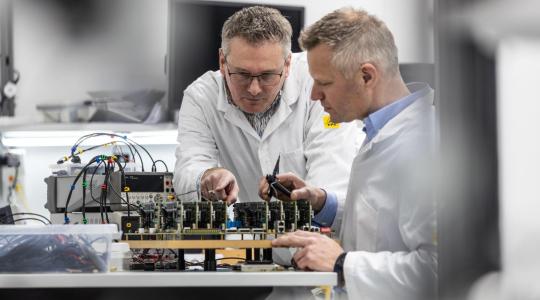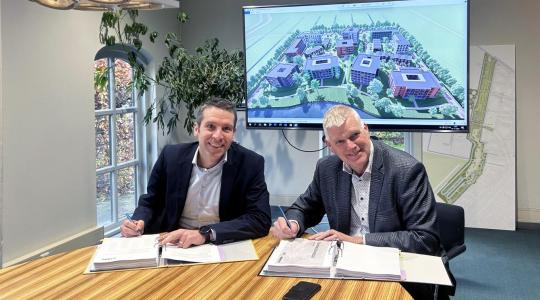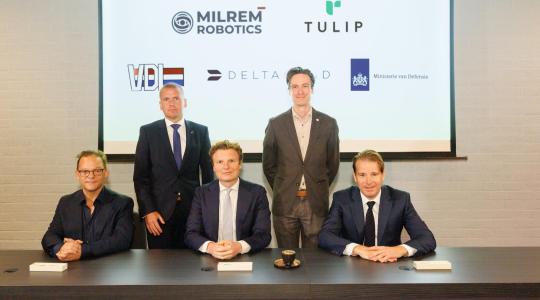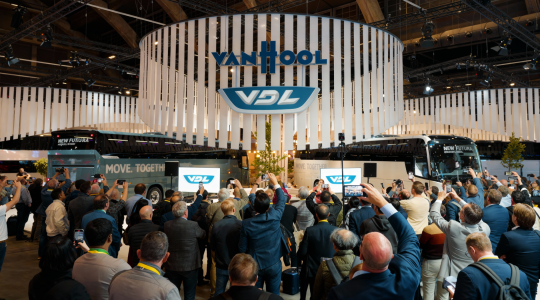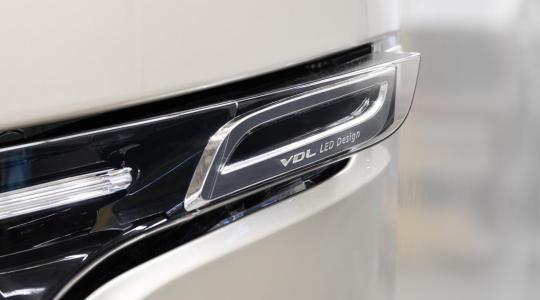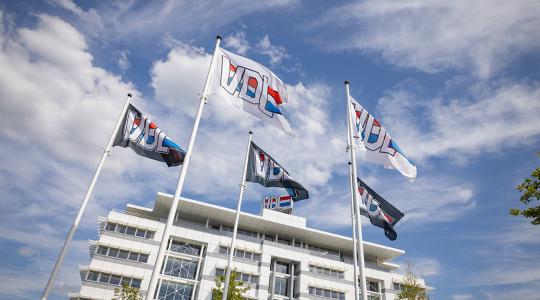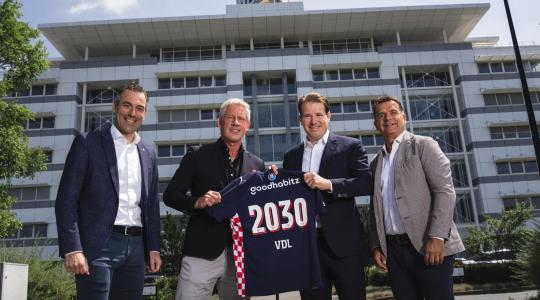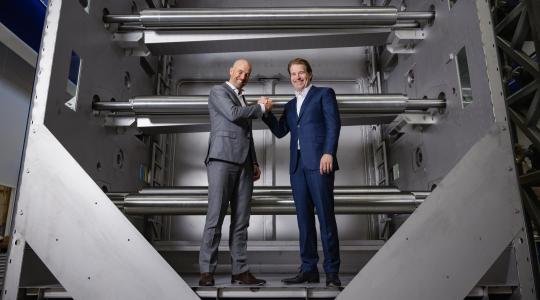VDL KONINGS
HISTORY
The former family-owned business Konings was established in 1873, during an era marked by the founding of numerous industrial and trade enterprises. Konings stands among the select survivors from that period. Originating as a blacksmith shop where parts and machinery were crafted (one of Konings' steam engines can still be admired in the steam carousel at the Efteling), the company expanded in 1898 with the addition of an iron foundry. This expansion allowed the incorporation of in-house cast components into their own products. In 1898, Konings manufactured the first Dutch cars, and in 1936, a twin-engine truck was developed and produced.
Development of textile machines
After a complete evacuation in 1945 (WWII), the company was rebuilt from the ground up. During these post-war years, Konings significantly improved its position. Due to substantial growth, the company (excluding the iron foundry) relocated to its current site in 1964. The 1980s were characterized by a strong development in textile machinery. In the early 1990s, the Konings family withdrew from the business but ensured the continuity with care.
Medical Device Manufacturing
In 1998, the iron foundry was divested and transferred to a new owner. The machine factory increasingly focused on engineering in high-tech segments. In the same year, a new building for the production of medical devices was put into operation.
Acquisition by VDL Groep
In 2005, Konings became part of the VDL Group, changing its business name to VDL Konings. The strength of collaboration within the group and the solid financial position of VDL Group provide a robust foundation to be a stable partner in the future.
For over 130 years, generations of Konings craftsmen have applied their knowledge and expertise to create good and reliable products for their customers. Examples of this rich history include the production of agricultural machinery, steam engines, machinery for the ceramic industry, amusement rides (such as carousels and roller coasters), cars, trucks, machinery for the agricultural industry, chemical industry, sugar industry, textile and garment market, paper industry, film, foil, and foam industry, the production of web handling machines, and medical devices (especially for radiology and radiotherapy).


